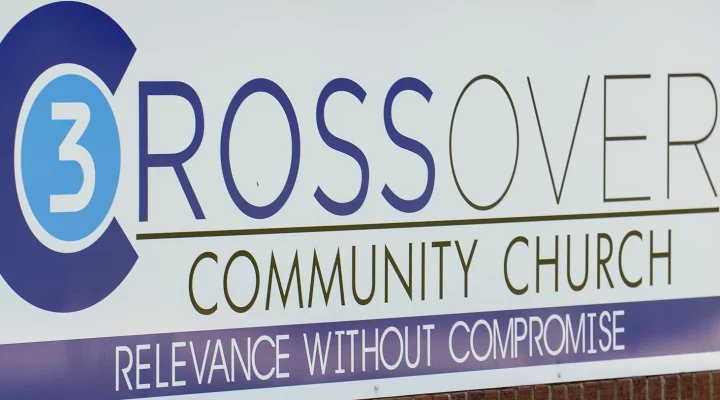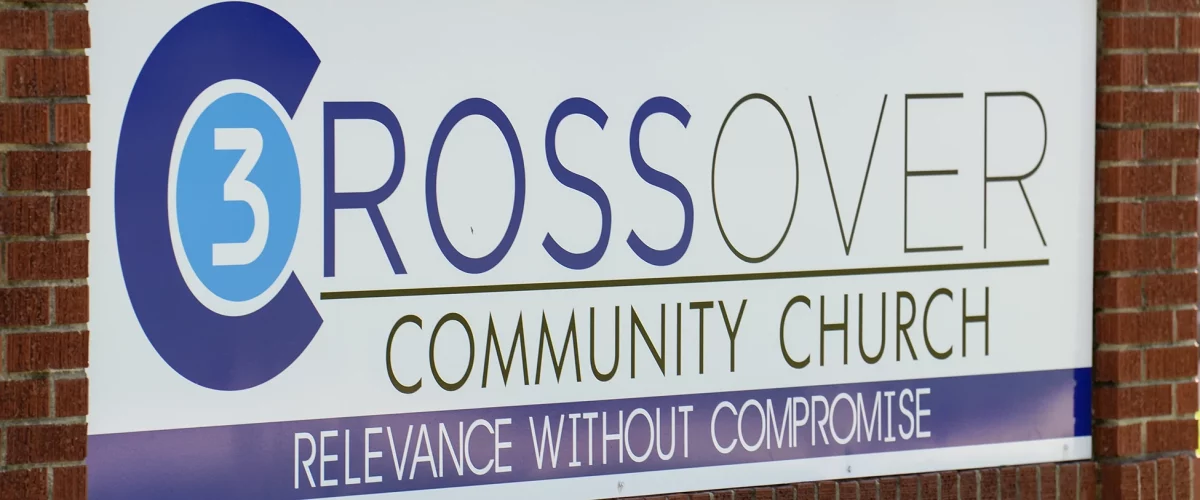You could have fooled me! When BNG published my essay, “The Non-denominationalizing of American Christianity,” Nov. 29, I posted it on my Facebook page, never imagining it would elicit much response. Was I ever surprised!
Comments abounded, some with considerable detail. From my perspective, all were outstanding, extending and enlightening the conversation. The writers offered informative, thought-provoking analyses, expanding the subject matter in what became for me a mini doctoral seminar, so instructive that I decided to include some of them in a second installment on the topic.
Unable to post them all, I have chosen the following:
United Methodist minister David Oliver Kueker wrote:
- There is a historical trend that is balkanizing all great coalitions into differing components. All great culturally diverse empires are breaking up into their constituent interest groups. All forms of cooperation are breaking down.
- Empire religious denominations are spinning off mini-denominations and a new trend is the independent nondenominational church. This, of course, is the 200-year Troeltsch cycle in action. **
- As Robert Putnam points out in the book Bowling Alone, people no longer want the restrictions of playing on a team with other people.
- If churches function like families, as Bowen theorists like Edwin Friedman suggest, churches might follow human developmental stages. Differentiation is an adolescent rite of passage. “I want to do my own thing in my way with my friends; I don’t want to be my parents or go to my parents’ church.”
- If Peter Steinke is right about differentiation curing congregational anxiety, this trend could be a response to triangling and manipulation in the parent body. (See Steinke, Teaching Fish to Walk: Church Systems and Adaptive Challenge.)
- The non-institutionalization of the church has its own problems with regard to long-term survival. Freedom can lead to being ephemeral and not durable. Anybody remember Rex Humbard? The Crystal Cathedral?
**Kueker recalls the work of German theologian Ernst Troeltch, who, in his Social Teachings of the Christian Churches (1913), distinguished between church and sect as evident in ecclesiastical history. Church refers to the established, official religion of a specific state. It claims ultimate orthodoxy, protected by ecclesiastical and political hierarchies. To be born into a specific Christian state is to be baptized into its official form of Christian church.
Sect is a smaller, dissenting, marginalized body that claims to have recovered the true faith lost by the church. Often demanding some form of conversion, sects require strict adherence to specific doctrines and authentic Christian behavior. They cultivate inner spirituality and eschew worldliness.
Troeltsch did not discuss a third organizational form of Christianity, but H. Richard Niebuhr did in The Social Sources of American Denominationalism (1929). Denominations evolved with the post-Reformation rise of modern religious pluralism and religious freedom as a middle way between church and sect, a recognition that groups with diverse Christian interpretations could be valid organizational, although doctrinally diverse communions, each receiving equal liberty by the state.
Former Baptist, now United Methodist minister, O. French Ball, wrote of denominations:
- The definition of “nondenominational” you quoted might well have fit the Southern Baptists you and I grew up with. They resisted (and officially, still resist), being called a “church.” Each local congregation was the “church,” not the denomination. … Local churches alone determined standards for things such as ordination. That sounds pretty “nondenominational” to me.
- However, in my observation, a greater issue today is the rise of “Christian nationalism.” The current divisions in the United Methodist Church, for example, mirror almost exactly the political divisions in the United States. Interestingly (and I think, unexpectedly) some United Methodist congregations who vote to leave the denomination are not joining the new Global Methodist Church but are instead choosing to become nondenominational.
I responded:
- That denominations have consistently split into “sub-denominations” or new ones, multiplying by dividing.
- That denominations often assumed a corporate organizational identity evolved into corporations, not unlike the business models around them.
- That mega-nondenominational churches are mini-denominations providing in one congregation many services — literature, mission, theological education, identity — that the denominations offered for multiple communions.
- That megachurches may also reflect another business model — the Walmartization of American Christianity with large, “full service” Christian gathering places.
Episcopal clergywoman Meg Finnerud noted:
I believe this movement which I would call “Christianity without community” began in the Reagan era when all institutions were considered antithetical to organizational and human thriving. Then political organizations such as the Moral Majority began to suggest that Christianity is freer and better when outside a “traditional” (read stodgy) church where God is greater than a political party or platform. The path with God can be taken individually (and Reagan was all about individualism and certainly not a practicing Christian) and the Reagan administration began making changes in tax laws that indirectly taxed (punished) church assets (if you had any) through clergy provided housing. So it was all around better to have total freedom from the demands or expectations or that pesky doctrine religious communities tend to embrace. I think we’ve just kept moving away from the need for community as Christians which I believe makes the whole thing — Osteen’s a splendid example — a self-program untethered to the will of God.
I responded by referencing the words of Scott Thumma, lead researcher for the U.S. Religious Census study, suggesting that the growth of nondenominational churches reflects “individualism at the congregational level.” It gives evidence of an “organizational individualism that parallels personal individualism,” permitting nondenominational churches to resist the “cultural baggage” of denominational history and uniformity.
African American Baptist clergywoman D’Najah Pendergrass Thomas wrote:
I grew up in a nondenominational “megachurch” my whole life — but it was tiny when we joined in 1986 or so. I joined a Baptist church as an adult in my late 20s. It was the need to experience God in the particularities of being Black that drew me to the church and a beautiful educational meeting with the pastor that helped me see that I hold a theology that is distinctly Baptist. All this to say, I’ve carried with me so much good from the church I grew up in and yet I’ve never felt more seen and affirmed theologically as an ordained Black woman as I do in the Black church — particularly Baptist church. The history, the hymns, preaching and teaching that don’t wash over context and lived experience is so important. I struggled with the kind of faith (because there was little theology) I grew up with that overlooked the particularity of human condition by telling me that “in Christ there is neither Jew, nor Greek.”
D’Naja’s observations provide a fitting conclusion to this collection of responses to Christian non-denominationalizing, with the assertion of the particularity of the human condition. That phrase reminds us that Christian identity is not generic. It takes on a specificity that in terms of issues is individual and communal.
The New Testament epistles reflect that early particularity in the ethnically, regionally diverse congregations, a particularity that sometimes frustrated the apostle Paul as evidenced in his warnings to the Corinthians about their flirtation with the “sham- apostles.”
An African American guest preacher at our church recently recounted an exchange with a white Baptist minister who, in a conversation about current racial issues, remarked that as a Christian “I don’t see race” in his interaction with persons of diverse ethnicity. The Black preacher responded: “Then you don’t see me.”
To be “in Christ” unites us spiritually in his body, the church; a unity that strengthens us to celebrate and nurture the particularity of the human condition, whatever gospel form our congregations may take.
For all those who brought such wisdom and insight to the study of these immediate gospel issues I am deeply grateful.

Bill Leonard
Bill Leonard is founding dean and the James and Marilyn Dunn professor of Baptist studies and church history emeritus at Wake Forest University School of Divinity in Winston-Salem, N.C. He is the author or editor of 25 books. A native Texan, he lives in Winston-Salem with his wife, Candyce, and their daughter, Stephanie.
Related articles:
The nondenominationalizing of American Christianity | Opinion by Bill Leonard
In BNG webinar, Ryan Burge details the double threat to denominational churches in America


